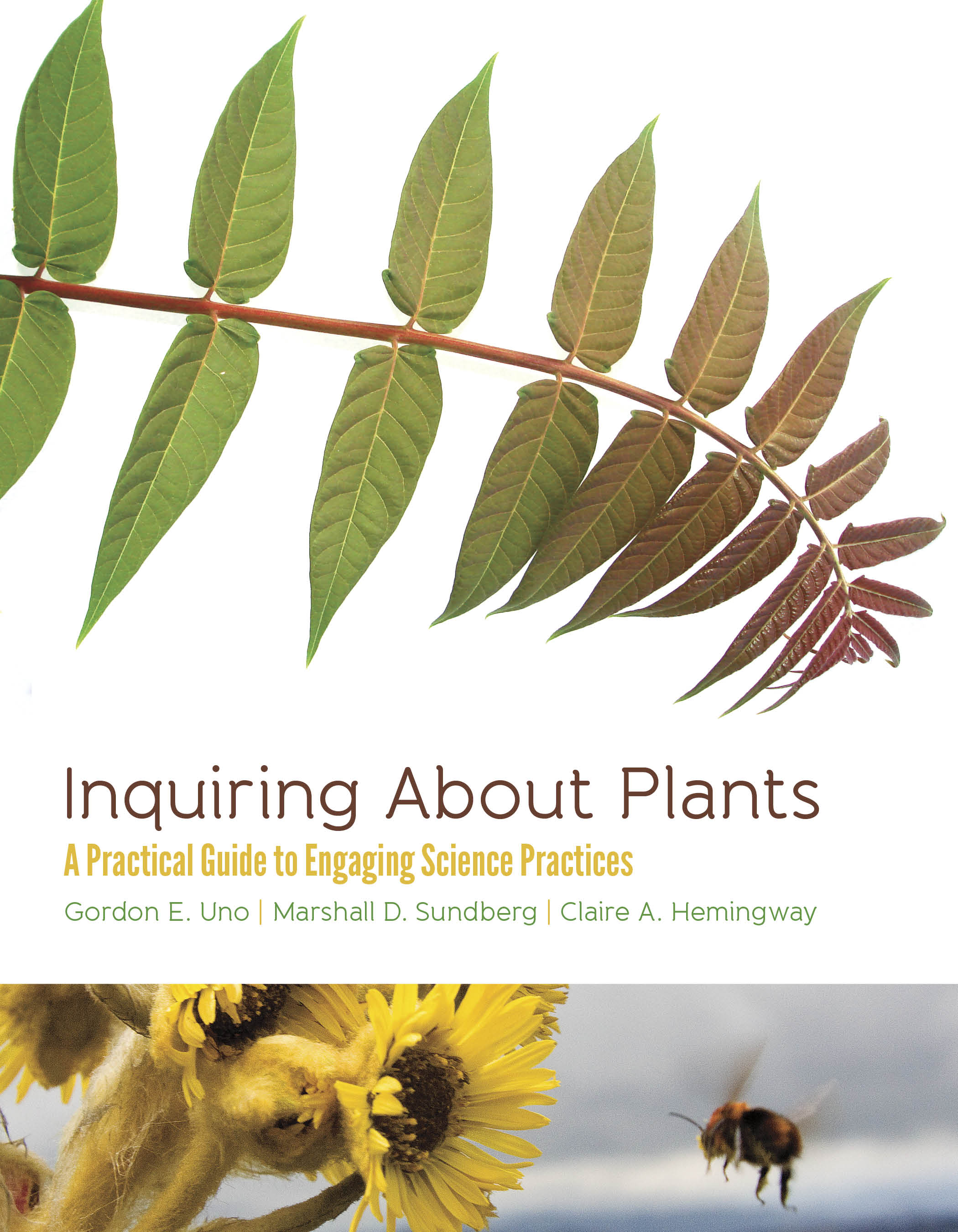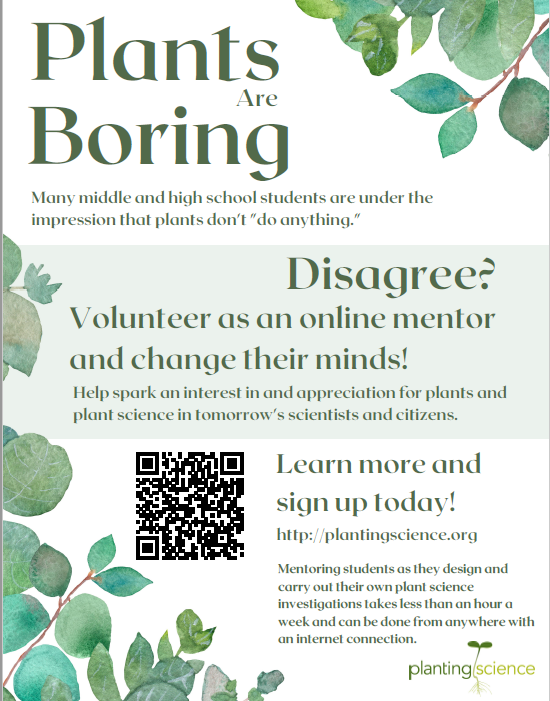Features
Featured Post
Ok cool. So your experimental condition would be soil type then. I assume you have to do some type of write-up of your experiment when you're done. For that you should say something like we are testing the affect of soil type on plant growth and development. You should also indicate what the control soil is vs the experimental soil. The control soil will be the "normal" one, and the experimental soil will be the one that seems a little different or weird.
How do you define "what type of soil the plants like the most"? When you're designing an experiment you should be very precise in your language bc it's easy to misinterpret data if a scientist is using ambiguous language. That's actually one of the reasons that I think we have so many issues with science communication and perception in our country!
What differences are you looking for in the plants? You mentioned stem color earlier. What other data will you be taking to assess differences in plants and what do you think they could mean for the plant? For example, if you see one plant is taller than the other, then you could theorize that the soil in the taller plant helps it to grow.
-
she did a great walkthrough of designing scientific questions and experiments
Help us grow!

Your contribution at any level will go directly toward increasing capacity to serve more teachers and students and it will help to sustain the program. Get a print copy of the book Inquiring About Plants: A Practical Guide to Engaging Science Practices by Uno, Sundberg and Hemingway with a donation of $30 or more.
Donate Now
Preparing for the
24-25 School Year?

Teachers! If you're thinking of bringing PlantingScience mentoring into your classroom during the 24-25 school year, applications are now open for BOTH sessions!
To apply, log in to your PlantingScience account and locate the application link under 'Resources'. For more information, check out 'Join as a Teacher' above!
Scientists, this is a great time to update your availability and consider adding Investigation Themes to your preferences. If you are new to PlantingScience, check out 'Join as a Mentor'.
We're looking forward to working with you! Please contact us if you have any questions.
-
Scientist Mentors Needed!
As we grow and continue to pursue our F2 research, we are sending out this appeal to our Scientist community: please spread the word and invite your students, colleagues, and friends to sign up and mentor with us! Mentors range from late undergraduate students to emeritus scientists. Feel free to download our mentor flyer and post it in your institution to encourage others to join us, too!
Testimonials
“I liked that we didn’t know what was going to happen before we did the experiment. Instead of being taught something and then just doing an experiment to prove it, we made an attempt to find out what would happen ourselves.”
- PlantingScience Student
“At every opportunity, all involved kept reminding my students of the process that real science requires. This helped me to convince my students that they are really doing science - not just play acting until some future date.”
- PlantingScience Teacher
“It is a lot of fun interacting with students from an age group I don’t have the chance to spend a lot of time with. It is a good reminder of where public knowledge of plant science stands, and a great opportunity for me to practice explaining key concepts in a simple and straightforward way.”
- PlantingScience Mentor

